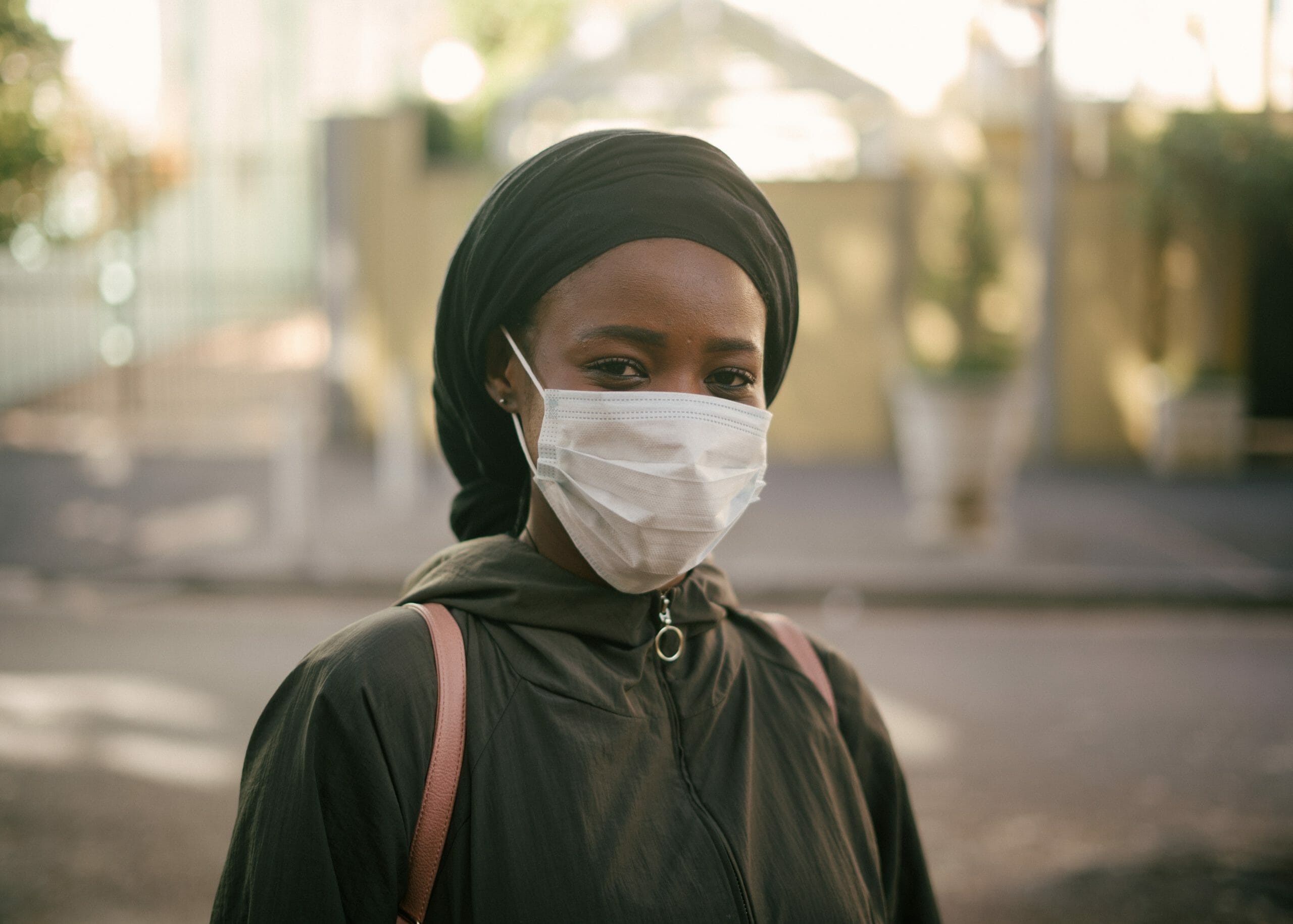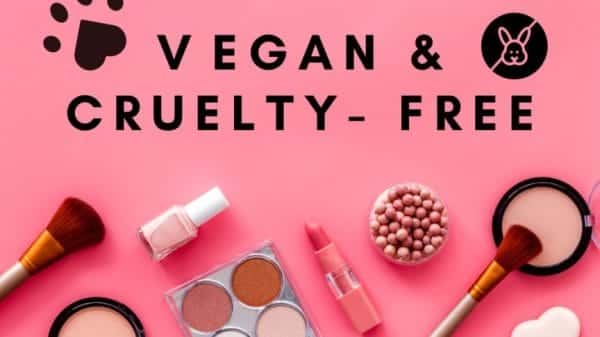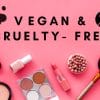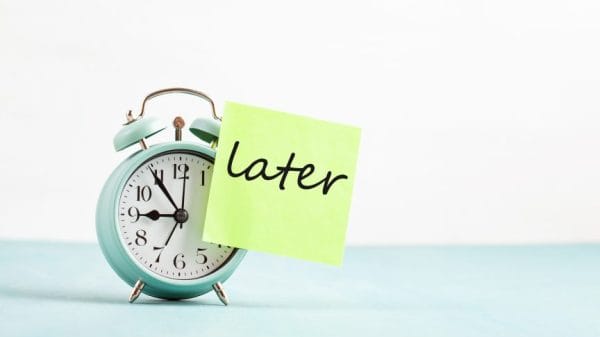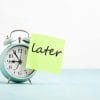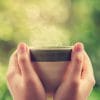Just like your keys, phone, and purse or wallet, these days you never want to leave the house without a face mask. And now that they’re so widely available, it’s reasonable to question which masks are worth investing in.
Medical masks became a matter of common sense in East Asia after the 2002 SARS outbreak. They have long been a cultural norm there, and even a fashion statement. For much of the rest of the world however, the face mask has gone from novelty to the new normal, virtually overnight.
A growing body of research indicates that wearing masks can slow the spread of viral loads by up to 80 percent. So, which sort of mask is actually doing the most to protect you? Well… experts are still trying to figure that out. Monica Gandhi, MD, an infectious disease specialist at UC San Francisco, told VICE that most of the mask data we have is either drawn from animal experiments or old occupational health and hygiene literature on what masks do for aerosols. Still, as it’s clear that masks are here to stay for a while, there are some things we do know that you can take into account.
N95s
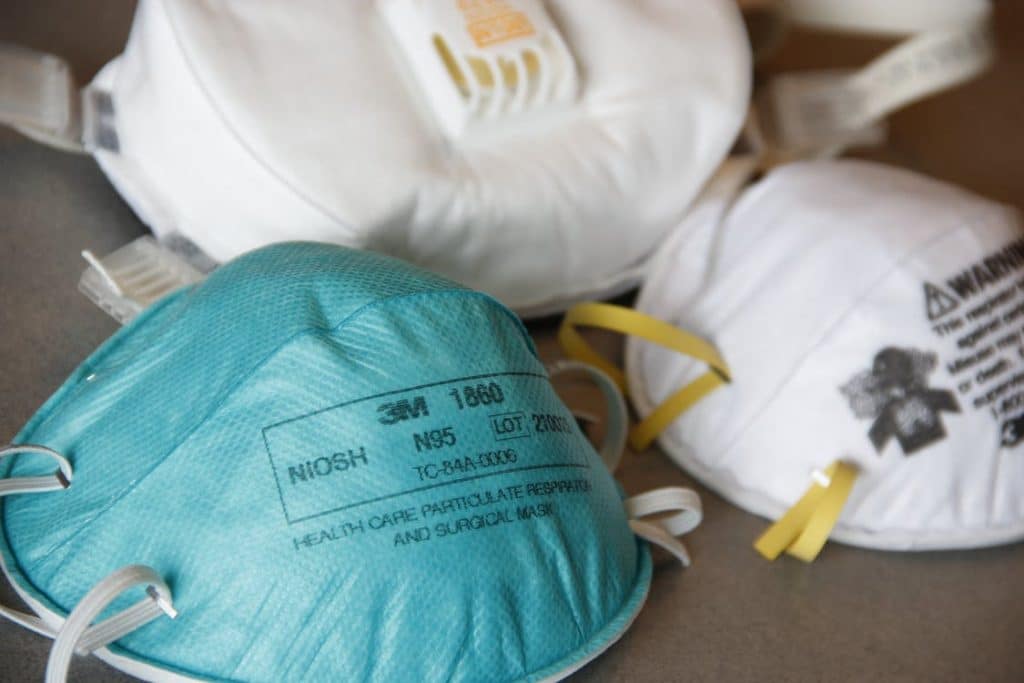
Surgical grade N95 respirators offer the highest level of protection against Covid-19 infection.
BUT, N95 type masks are costly, contribute to landfill waste, and are in limited supply.
“N95 masks do filter out about 90 to 95 percent of viral particles,” Gandhi explained. However, even countries that have made face masks mandatory in public have generally suggested that such masks should be reserved for healthcare workers or those at particularly high risk.
“I would say—it depends hospital to hospital—but unless you’re dealing with suspected cases of COVID, most doctors will wear a surgical mask,” said Drew Adler, research leader and co-founder of NYC COVID Connect. “I think most doctors would agree N95 masks are excessive for the general public.”
Disposable surgical masks

All factors considered, Adler says, surgical masks are probably your best option, filtering up to 80 or 85 percent of viral particles. While they may be the safest for you, the rise in single-use masks and disposable gloves around the world has also come with a huge environmental cost.
If every person in the UK used one single-use face mask each day for a year, it would create 66,000 tonnes of contaminated plastic waste, UCL’s Plastic Waste Innovation Hub warns, and ten times more climate change impact than using reusable masks.
Evidence suggests that reusable masks perform most of the tasks of single-use masks without the associated waste stream.
Cloth masks
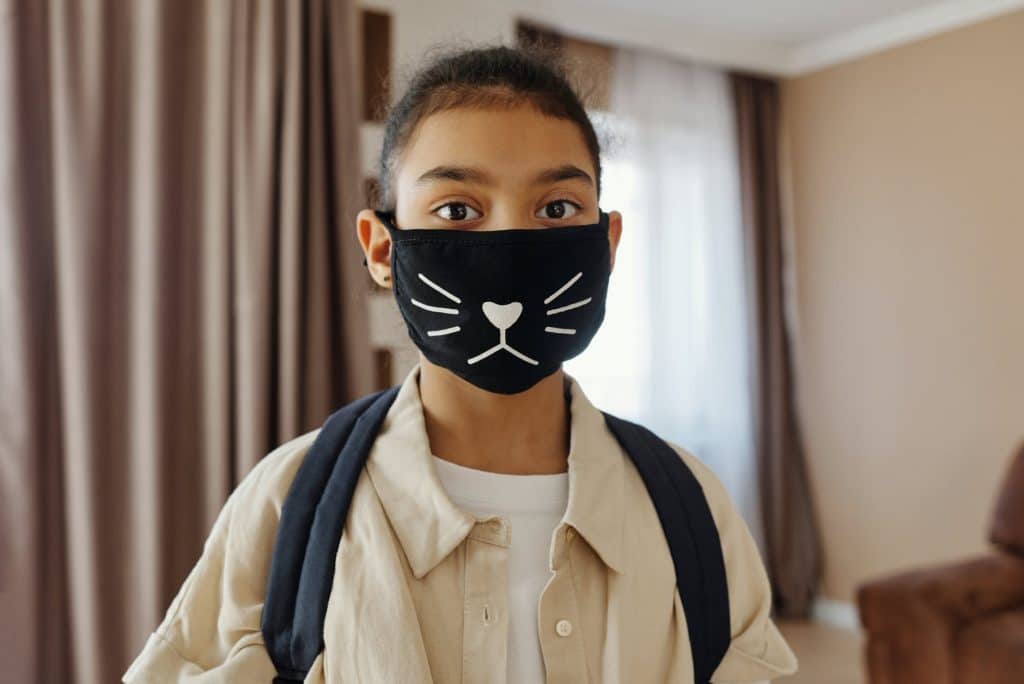
Dr Gandhi told VICE she believes that cloth masks can be just as effective as surgical masks. The key is that your mask should be snug with a tight seal around the edges.
“[For] the person on the street, the cloth masks are perfectly adequate,” agrees Dr Jane Greatorex, a virologist at the University of Cambridge. “We’re encouraging people to wear masks to protect others around you because you don’t know whether you’re asymptomatic; [cloth] masks stop the larger droplets from leaving you.”
Your cloth masks should have a minimum of three layers to them to increase filtering capacity.
Even better, you could invest in one of the ethical brands making sustainable (and often cuter) face masks, avoiding fast fashion and supporting small business!
Transparent masks
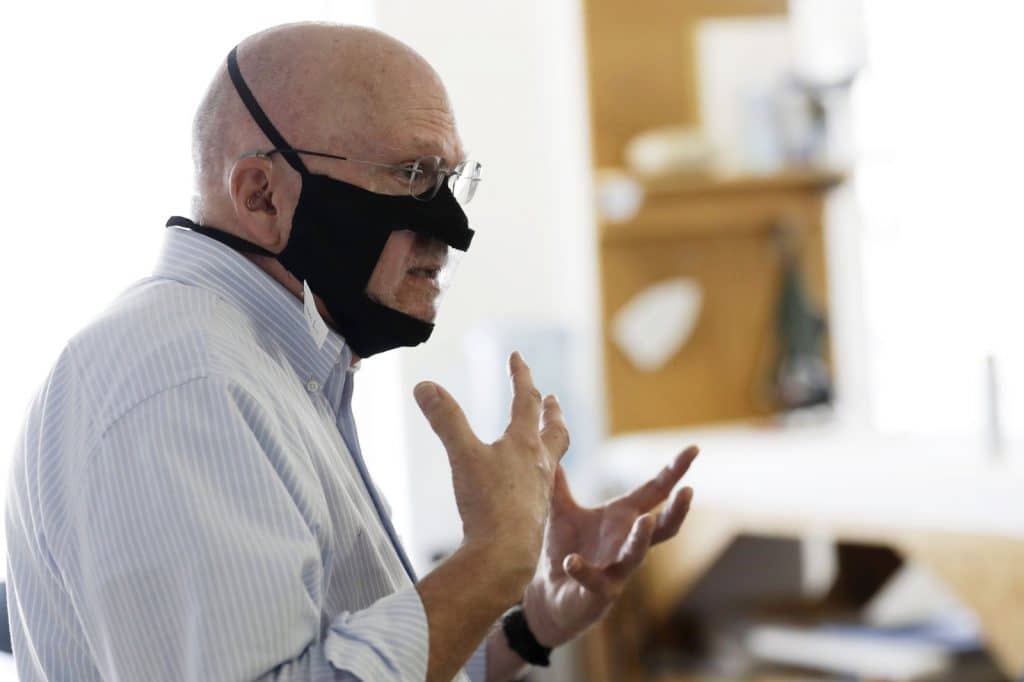
Face coverings can make communication more difficult – or practically impossible – for people who rely on reading lips.
“As important as face masks are at this time, it is also extremely crucial to recognise and understand that the layered or opaque face masks can be very challenging for individuals with hearing impairment, as their communication is dependent on visual cues,” Dr. Sunitha Posina, MD, told Refinery29.
“The CDC recently updated their face mask recommendations and suggested to consider face masks that help those with hearing loss or any other communication disorders after the American Speech-Language-Hearing Association (ASHA) brought up the issue to them on June 8th in a letter,” Dr. Posina explained.
Masks with clear windows (AKA “communicator masks”) could make all the difference – preventing isolation and anxiety and ensuring the safety of those who rely on lip reading or facial expressions.
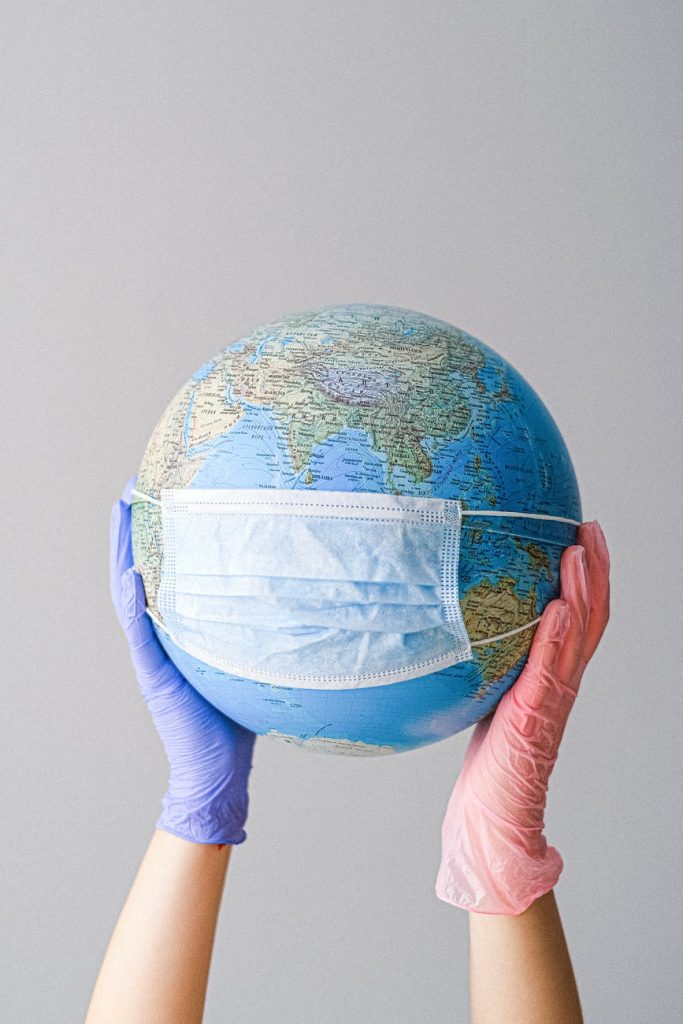
The most effective mask? The one that fits well to your face and that you’ll actually wear!
Find what’s comfortable for you and stick with it until wearing a mask is just another part of your routine.
Abiding by social distancing and consistently washing your hands are also ways to prevent the spread.
If all else fails, take inspiration from this guy and go all out: Australian Man Spotted Walking Around in Giant Bubble to Protect Himself from COVID-19


